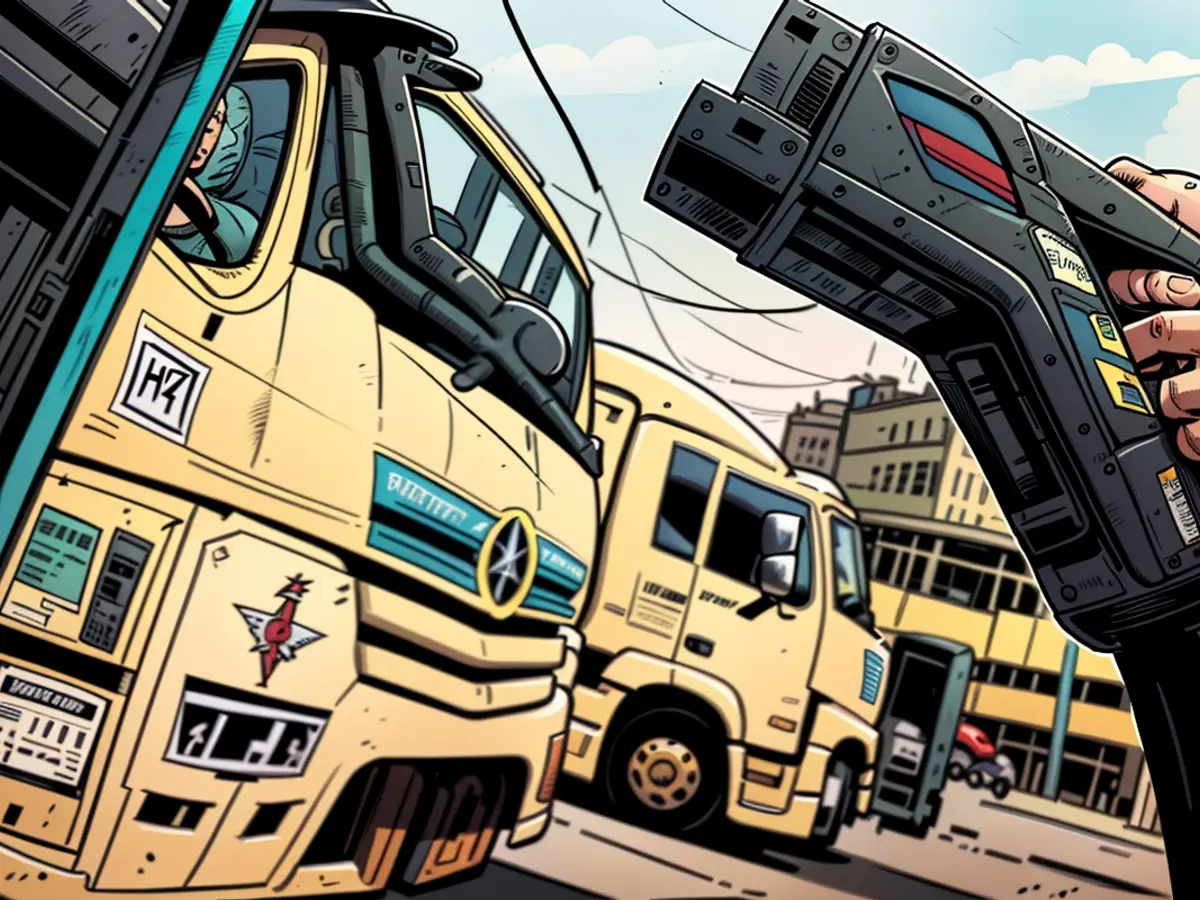Study on Electromobility - 1000 loading stations reach for the majority of heavy goods traffic
1000 Fast-charging stations, according to a study, would be able to supply 91 percent of the expected long-haul e-truck traffic in Europe in 2030. The Fraunhofer-Institute for System and Innovation Research (ISI) in Karlsruhe and US tech giant Amazon conducted this study together. "The results show that even fewer charging stations than those demanded by the European Union would cover almost the entire European e-truck traffic," says Patrick Ploetz from Fraunhofer ISI. He refers to an EU regulation that he claims requires more than 2000 stations.
However, each station would need up to 20 fast-charging points with particularly strong Megawatt-charging systems, according to Ploetz. That's more than, for example, what is planned by the federal government. In Germany, according to the calculations, 150 to 200 sites would be sufficient to reach the 91 percent quota.
The calculations are based on the assumption that around 15 percent of trucks will be battery-powered in 2030. The researchers also calculated conservatively, assuming a rather low practical range of 400 kilometers and that the trucks do not charge in depots.
The investigation suggests that industry and politics need to accelerate the introduction of Megawatt-charging systems, says Ploetz. "This enables logistics companies that do not have the option to charge in depots to electrify their fleets."
- The Fraunhofer Institute for System and Innovation Research ISI in München, Germany, is not involved in this study, but it's known for its significant contributions to various sectors, including the electro industry.
- The automobile industry in Karlsruhe, specifically in Germany, could benefit greatly from the findings of this study regarding electromobility, as it could potentially reduce the number of fast-charging stations required.
- Europe, under the guidance of the European Union, aims to promote sustainable transport solutions, and this study could influence the EU's strategy regarding the deployment of fast-charging stations for electric trucks.
- Amazon, being a major player in both the technology and transportation sectors, has shown interest in electromobility, as seen through its collaboration with Fraunhofer ISI on this study in Karlsruhe, Germany.
- If the assumptions in the study hold true, the climate could benefit from the implementation of Megawatt-charging systems, as it could reduce the emissions from the transportation sector, particularly in Europe.
- The electro industry, which includes the production of Megawatt-charging systems, could see increased demand if the conclusions from this study are adopted by policymakers and logistics companies across Europe.








